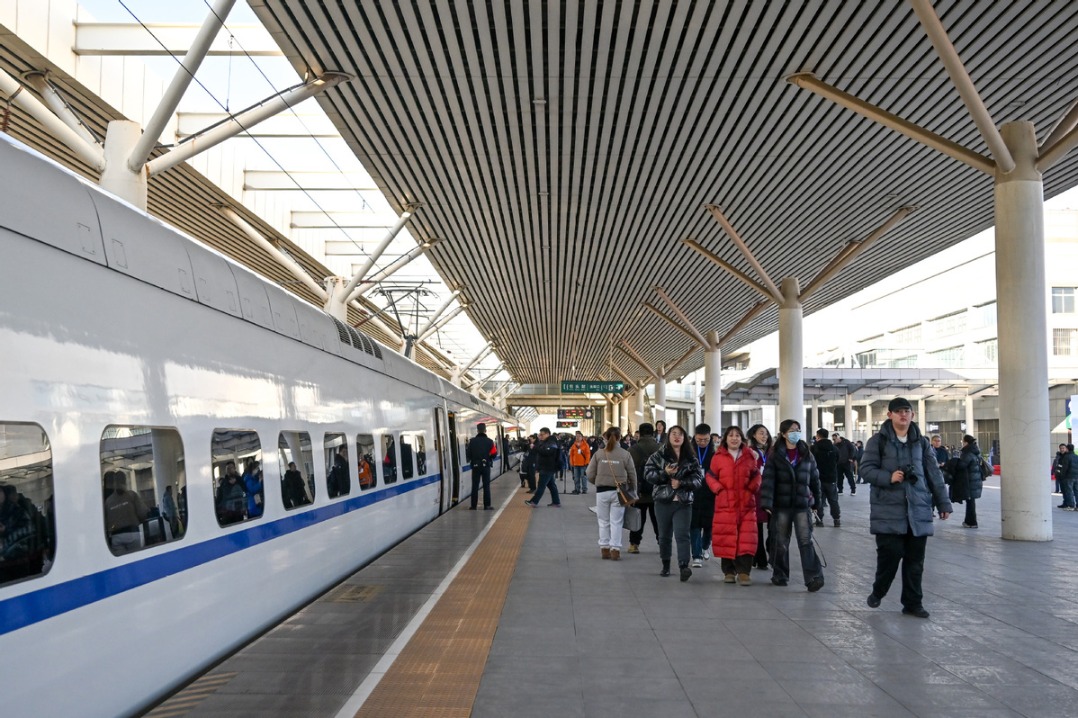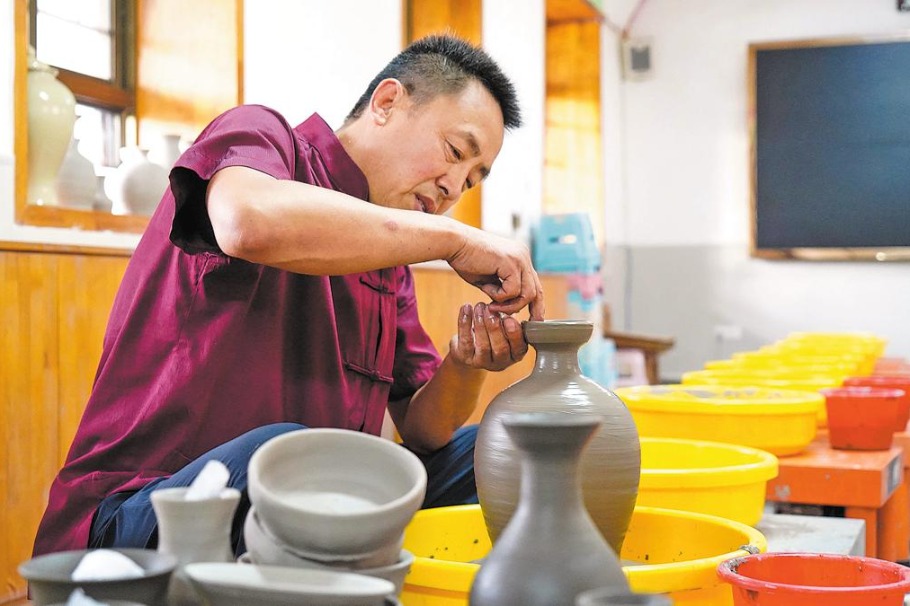Number of 'digital nomads' rises after COVID-19 layoff


Work-life balance
Chen co-founded Pinewood Bus, a vehicle refitting company, after she quit e-commerce giant Alibaba in 2017. Her partner used to work for Ikea and Volvo. "We both worked for giant companies, or dachang as we call them in China. But when we were approaching 30, we could see where we were going, but that wasn't what we truly wanted in life," Chen said. "When you want to make a change, do it while you are young."
Instead of staying in the office till midnight and dealing with endless requests from bosses, Chen and her partner, Lin Han, chose to combine work and life and hit the road. They've lived in Guangzhou, Guangdong province, as well as Dali, mainly in their RV.
"Being a digital nomad doesn't mean you are playing around. Instead, you can be busier and have to work on weekends sometimes. On the other hand, you have the freedom to do your own thing on any work day for other people," Chen said.
They support each other's travel plans. The one who is traveling does the work that can be done online — for example, purchasing and design, communicating with clients, etc — while the other takes care of their base and the workers.
"We have been exploring a new way for life. Now, after years of adjusting we have found one we like: having control of our own time and a small business with an income that doesn't have to be huge, and some like-minded friends," Chen said.
The DNA can only accommodate 80 people, and applications have already piled up for next year. The facility's second phase, 35 more containers, will be installed soon, so about 70 more people will be able to live there.
Although the ACDC is the most popular and biggest compound for digital nomads, the community is still small compared with those in Western countries.
According to statistics released in December by nomadlist, a website for digital nomads, there are 35 million digital nomads around the world, and one-third come from the United States. The most popular cities are Lisbon in Portugal, Bali in Indonesia, Bangkok in Thailand and Buenos Aires in Argentina. Nearly half the nomads are in their 30s.
The website shows that its members work remotely for companies such as Apple, Google and Airbnb. They meet, share information about visas and remote jobs, and have developed their own dating app and insurance.
- New legal aid volunteer program boosts grassroots services
- Taking university cultural creativity beyond campus
- 5 dead in coal mine flood, investigations ongoing
- Xi urges central SOEs to contribute more to Chinese modernization
- Beautiful dawn redwood forests protect environment in Kunming
- 5 confirmed dead in Northeast China coal mine accident





































